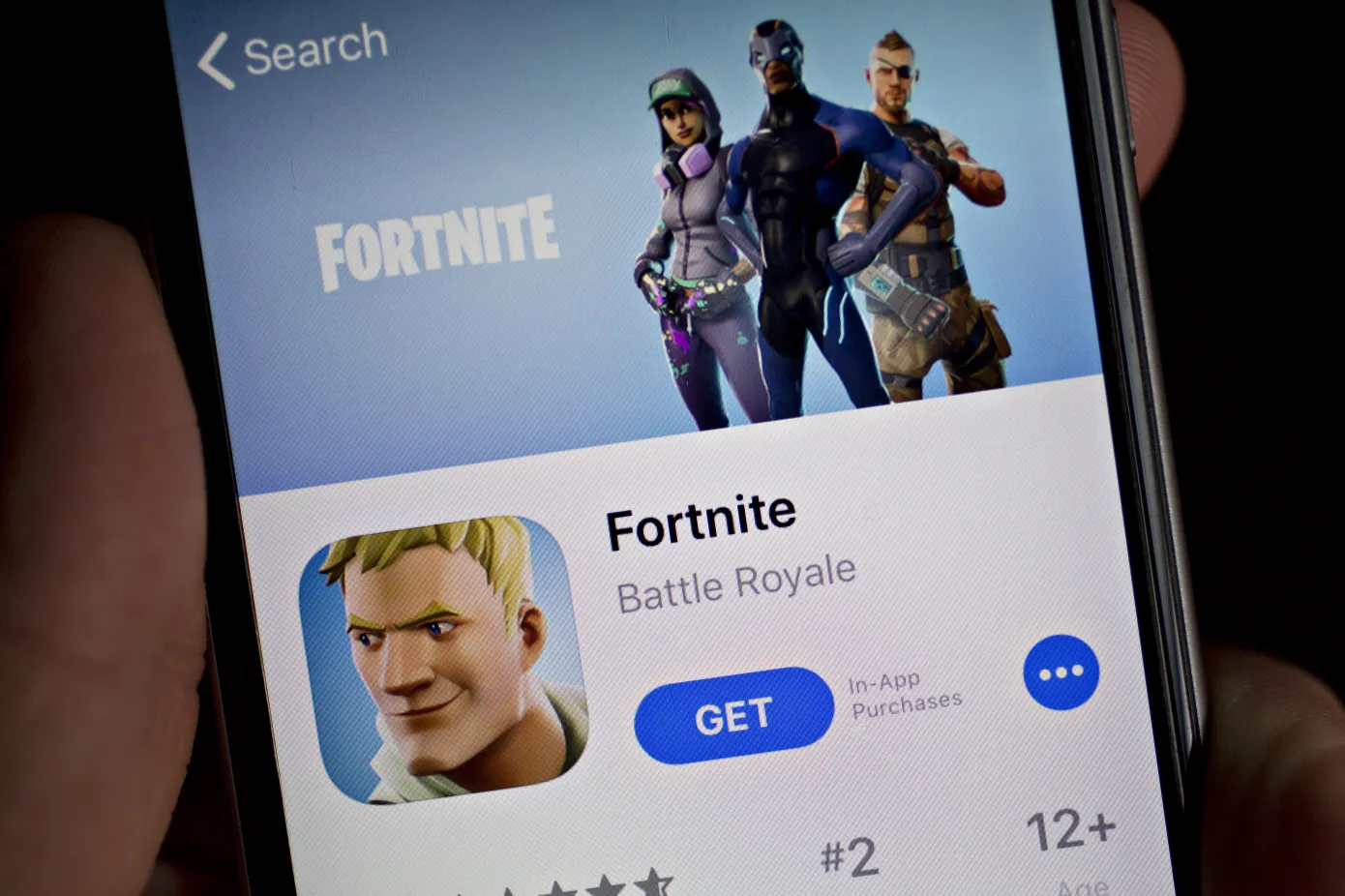The Department of Justice and 17 state attorneys general filed a massive lawsuit against Apple on Thursday morning, accusing the company of monopolistic smartphone practices. Meanwhile, Fortnite maker Epic Games has been accusing Apple’s iOS App Store of antitrust violations for years in an ongoing, arduous legal battle.
Epic is never named explicitly in the 88-page lawsuit, but the gaming company’s complaints are echoed across extensive discussion of the App Store’s anticompetitive practices.
“Apple often enforces its App Store rules arbitrarily,” the suit says. “And it frequently uses App Store rules and restrictions to penalize and restrict developers that take advantage of technologies that threaten to disrupt, disintermediate, compete with, or erode Apple’s monopoly power.”
Epic’s core complaint about the App Store is that developers must cede 30% of in-app purchases to Apple. And unlike Android devices, iPhones do not allow for sideloading apps, meaning that Apple has control over any app in its App Store. For almost a decade, Epic CEO Tim Sweeney has been a staunch critic of the revenue cut,

which he views as monopolistic and predatory towards smaller companies. In 2020, Epic made it possible for Fortnite players to pay Epic directly, rather than giving a cut to Apple — then, Apple removed Epic from the App Store, and now, four years later, we’re still watching the two companies duke it out in various legal proceedings.
While a judge ruled at the time that Apple can’t prevent apps from routing users to alternative payment methods, the iPhone maker was ultimately not deemed a monopoly.
Given past rulings in Apple’s favor, it’s surprising that this lawsuit is aligned with some of Epic’s grievances.
“While Apple has reduced the tax it collects from a subset of developers, Apple still extracts 30 percent from many app makers,” the suit says. “Apple also generates substantial and increasing revenue by charging developers to help users find their apps in the App Store—something that, for years, Apple told developers was part of the reason they paid a 30 percent tax in the first place.


















